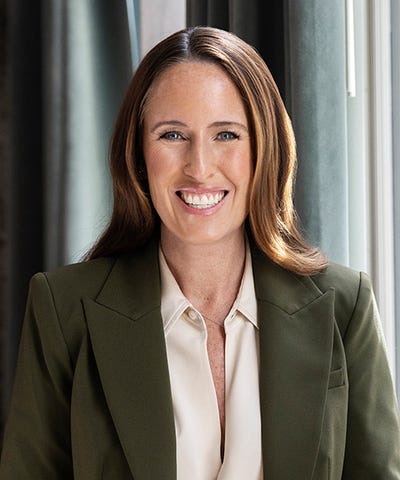Securing capital in 2022: How to survive and maybe even thrive
As money becomes more expensive, lenders and investors are becoming more cautious with their funds. Consider these guidelines as you look for financing.

We've had ups and (many) downs over the last few years, but toward the end of 2021, many of us were optimistic that 2022 would be looking up. Needless to say, it's been a very different year than we hoped. As we head into a recession, investors and lenders are being more cautious.
But it's hard for companies to survive and continue to grow if they don't have capital lined up. So, what can CPG companies do?
First, look at the situation
In terms of private equity, there are much greater scrutiny and demands for profitability. There are fewer deals overall and tighter credit standards. It's more difficult to raise money on the venture capital side, so it's more difficult to secure financing. With a higher cost of capital, it's being used with more discretion.
The days of unicorns as benchmarks are over. We saw lower valuations in Q1 and Q2 2022 than we did in Q3 and Q4 2021 because many CPG companies were overvalued. Investors didn't see the valuation come through.
The reality is, not all natural products companies are going to make it through the next 18 months. Investors are choosing companies very carefully.
What investors look for
Every investor is different, but the commonality is that everyone is choosier. We, along with many lenders, look at three factors:
What do the company's products add to the category or what differentiator do they bring?
Where are the company's margins? In the current market, margins will continue to get squeezed, so you need to go in with strong margins.
Who is the management team? In markets like this, you need an experienced, committed team to navigate the rough waters.
Additionally, right now it is all about the bottom line. In the past, founders that were running their business with the goal of a lucrative exit—rather than for the long term—might have been able to get away with impressive growth, but less-than-stellar margins and bottom line. That's all changed now.
What should companies do?
Don't wait too long to get financing. The earlier you line up financing, the better; it will only become harder to secure. Be sure to find the right financing partner to get you through the highs and lows that will inevitably come. Management teams really must take a proactive approach through these difficult times.
Now's the time to take a long, hard look at your bottom line and control your spending. Reduce wherever you can. Stay on top of forecasting: Do it monthly and run the ups and downsides along with various scenarios. You can't wait to see how things play out; you must have strategies to deal with the lows and have a proactive plan B.
Many companies were burned by supply chain issues during the past few years, so they have been front-loading inventory to keep it in stock. Unfortunately, the volumes are declining, which is causing cash flow pressure. There is an additional cost of financing to consider with this. If you decide to over-inventory now, ensure the SKUs are staples and have a long life.
The bottom line
These are challenging times, and we need to look at the recession in terms of the next five years, with the next two as the most difficult. However, agile companies can not only survive but thrive in markets like this. A good product, proactive management, solid client and vendor relationships, and strong partnerships with investors and debt holders all add up to the opportunity to grow.
Read more about:
IdeaXchangeAbout the Author(s)
You May Also Like




